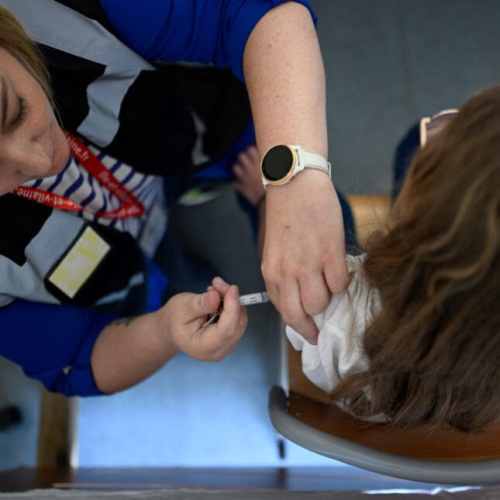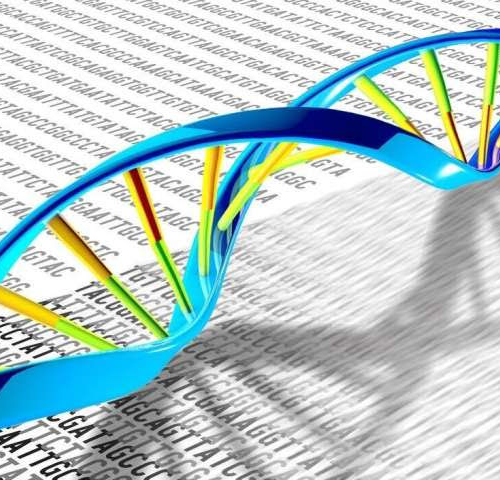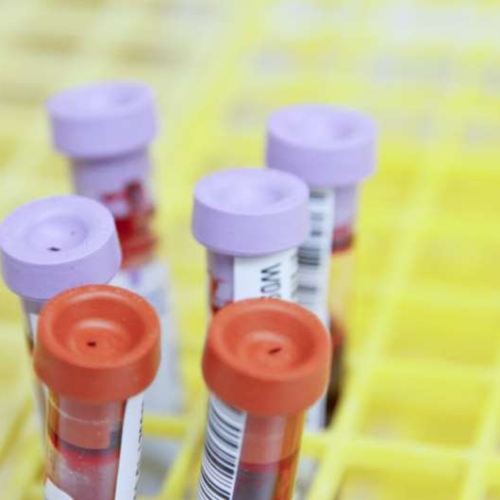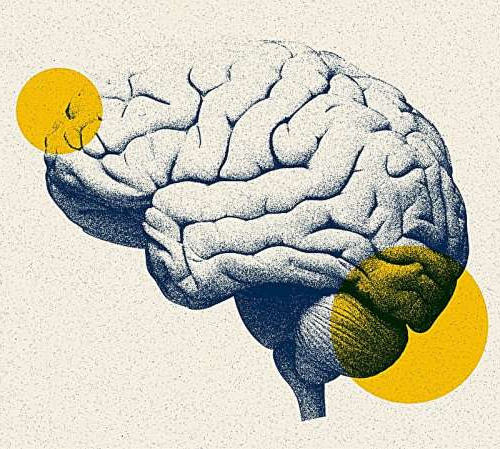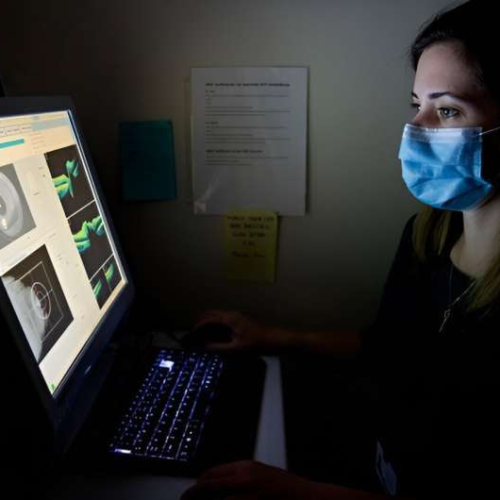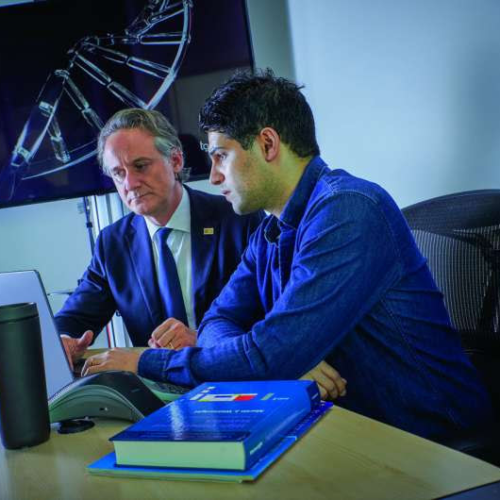Sara Novak With a number of large-scale clinical trials underway and researchers on the hunt for new therapies, long COVID scientists are hopeful that this is the year patients — and doctors who care for them — will finally see improvements in treating their symptoms. Here are five bold predictions — all based on encouraging...
T cells can be reprogrammed to fight aging
Cold Spring Harbor LaboratoryThe fountain of youth has eluded explorers for ages. It turns out the magic anti-aging elixir might have been inside us all along. Cold Spring Harbor Laboratory (CSHL) Assistant Professor Corina Amor Vegas and colleagues have discovered that T cells can be reprogrammed to fight aging, so to speak. Given the right...
HPV vaccine study finds zero cases of cervical cancer among women vaccinated before age 14
By Annalisa Merelli A nurse injects HPV vaccine into the arm of a young person A nurse delivers a dose of the HPV vaccine at a college western France in October 2023.DAMIEN MEYER/AFP VIA GETTY IMAGESAhistoric new study out of Scotland shows the real-world impact of vaccines against the human papillomavirus: The country has detected...
Immunocompromised patients and COVID infections: Who’s at risk?
by University of Michigan Credit: Pixabay/CC0 Public DomainEarly in the pandemic, clinicians noticed that certain immunocompromised patients were experiencing persistent SARS-CoV-2 infections, some lasting weeks to months at a time. This raised concerns that one of these cases could be the source of an emerging viral variant that has benefited from an extended battle with the...
New tool improves the search for genes that cause diseases
by University of Chicago DNA, which has a double-helix structure, can have many genetic mutations and variations. Credit: NIHA new statistical tool developed by researchers at the University of Chicago improves the ability to find genetic variants that cause disease. The tool, described in a new paper published January 26, 2024, in Nature Genetics, combines data...
UK Biobank research reveals significant impact of type 2 diabetes on COVID-19 outcomes
By Dr. Chinta SidharthanJan Reviewed by Lily Ramsey, LLMIn a recent study published in Communications Biology, a team of scientists investigated how type 2 diabetes and genetic susceptibility to the disease impacted the severity of and mortality risk associated with coronavirus disease 2019 (COVID-19) using data from the United Kingdom (U.K.) Biobank. Study: Type 2...
Finding the optimal combination of anticancer drug administration for the conditioning of cord blood transplantation
by University of Tsukuba Credit: Unsplash/CC0 Public DomainAllogeneic hematopoietic stem-cell transplantation (allo-HSCT) can cure hematopoietic diseases, such as acute myeloid leukemia. Cord blood transplantation (CBT), which accounts for more than one-third of allo-HSCTs in Japan, uses hematopoietic stem cells contained in the blood in the umbilical cord and placenta. Moreover, it is a valuable option for...
Functional seizures have long been misunderstood and may be more serious than previously thought, study suggests
by Noah Fromson, University of Michigan Jacob Dwyer, Justine Ross / Michigan MedicineThe death rate for patients with functional, non-epileptic seizures is higher than expected, with a rate comparable to epilepsy and severe mental illness, a Michigan Medicine-led study finds. A team of researchers reviewed data from 700 patients who were diagnosed with functional seizures, also...
Retinal imaging and genetics data used to predict future disease risk
by Massachusetts Eye and Ear Infirmary Senior study author Nazlee Zebardast, MD, MSc, director of Glaucoma Imaging at Mass Eye and Ear, examines OCT images. Credit: Mass Eye and EarThe retina is said to provide a window into a person’s systemic health. In a new study published January 24 in Science Translational Medicine, physician-researchers from Mass...
Researchers develop machine-learning tool to detect cancer earlier via liquid biopsy
by City of Hope National Medical Center Researchers at City of Hope and Translational Genomics Research Institute (TGen) have developed and tested an innovative machine-learning approach that could one day enable the earlier detection of cancer in patients by using smaller blood draws. The study was published today in the journal Science Translational Medicine. Credit: TGenResearchers...

